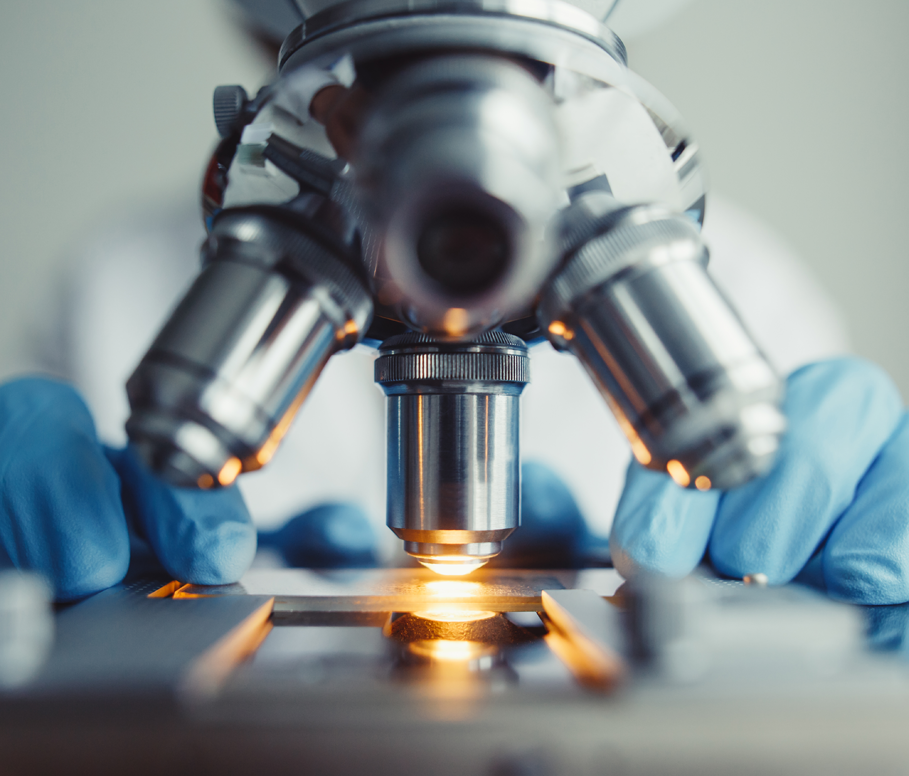Read the article this case study was adapted from on Innovate4Health’s website.
Who: A Chilean biotechnology start-up, Kura Biotech, that specializes in producing high-efficiency enzymes that play an important role in a variety of biotech testing settings.
The Challenge: Across a variety of scientific and medical contexts, testing plays an incredibly important role—from screening for illegal substances in sports, to toxicology, allergies and early disease detection. While testing technologies have advanced in many ways, testing turnaround times can still take longer than desired. This can have particularly harmful impacts when trying to stop doping in sports, identify the cause of a drug overdose or curb the spread of an infectious disease like COVID-19.
The Opportunity: Kura Biotech’s founder, Manuel Rozas, watched as his father started a company that utilized waste from the local salmon industry to manufacture aquaculture byproducts. When Rozas graduated from college, he saw an opportunity to apply this concept to the advanced biotechnology space, recognizing a gap in optimal diagnostic test turnaround times. Through innovative advances made over the years at Kura, the company now helps reduce the time it takes to get test results for a wide variety of purposes.
The rapid and groundbreaking innovation that Kura Biotech has been able to carry out is exemplary of the notable promise that exists across Chile’s innovative industries…Kura’s trajectory also demonstrates the pitfalls of Chile’s current intellectual property system.
How It Works:
Building on the knowledge he’d gained from his father’s company, Rozas realized that red abalone—a type of sea snail—produce an enzyme, called BG100, that had the potential to revolutionize drug testing technology. By extracting and incorporating the BG100 enzyme into drug tests, Kura Biotech has been able to reduce the time it takes to conduct opioid analysis from 16 hours to just one.
Today, Kura offers more than 100 different applications for the use of their enzymes and in 2018 the company reported an annual production of 20 million samples from drug tests. Further, Kura has been able to build on the processes and technology originally used for toxicology to develop optimized DNA tests, tests that help identify food allergies and even rapid COVID-19 detection tests.
To that end, when the coronavirus reached South America in late February, Kura leveraged their knowledge base and resources to develop a COVID-19 test that uses RNA obtained through saliva samples and provides results in just three hours. The company has contracted with the Chilean government and anticipates it will produce upwards of 1 million tests per month—a prime example of the power and importance of public-private partnerships in combatting the global pandemic.
That said, Rozas points out that Chile’s uncertain intellectual property (IP) environment has meant that Kura’s growth has accelerated much faster in international markets than it has domestically. In many ways, the rapid and groundbreaking innovation that Kura Biotech has been able to carry out is exemplary of the notable promise that exists across Chile’s innovative industries—the country allocates significant funds to research and development (R&D) and has programs in place to attract innovators, investors and entrepreneurs. Yet, Kura’s trajectory also demonstrates the pitfalls of Chile’s current IP system, where compulsory licensing has been threatened and concerns about enforcement of patents and copyright protections leave innovators uncertain and hesitant to bring new products and processes to market.
As Roza’s notes, “a lack of certainty of existing legal protections for Kura’s extraction processes and products has forced the firm to be less open in research and entrepreneurial collaborations.” Kura Biotech is certainly a pioneer in the biotechnology space and the company’s innovations have revolutionized testing. To protect these novel ideas and inventions and ensure innovators will continue to research, develop and bring new products to market in Chile, the country should better enforce and protect IP rights. Innovators like those working at Kura aim to give back to their country and their communities—they need and deserve a strong and clear system of protections for their work.


